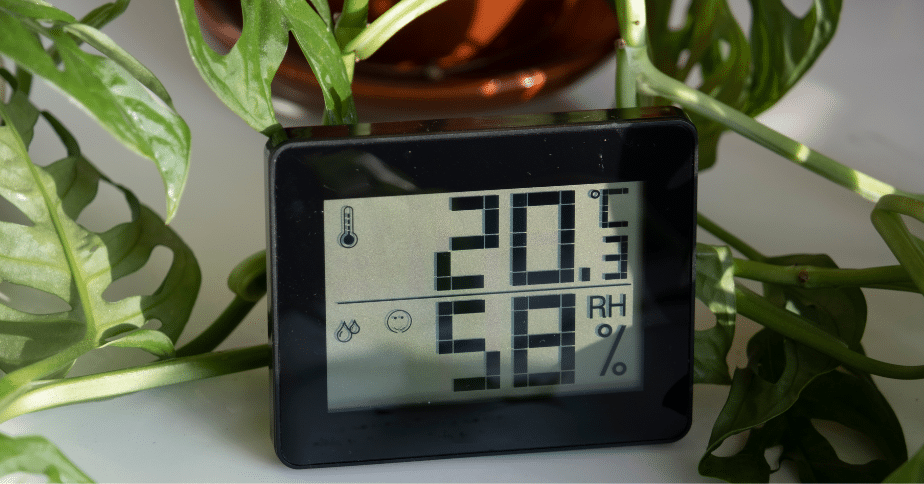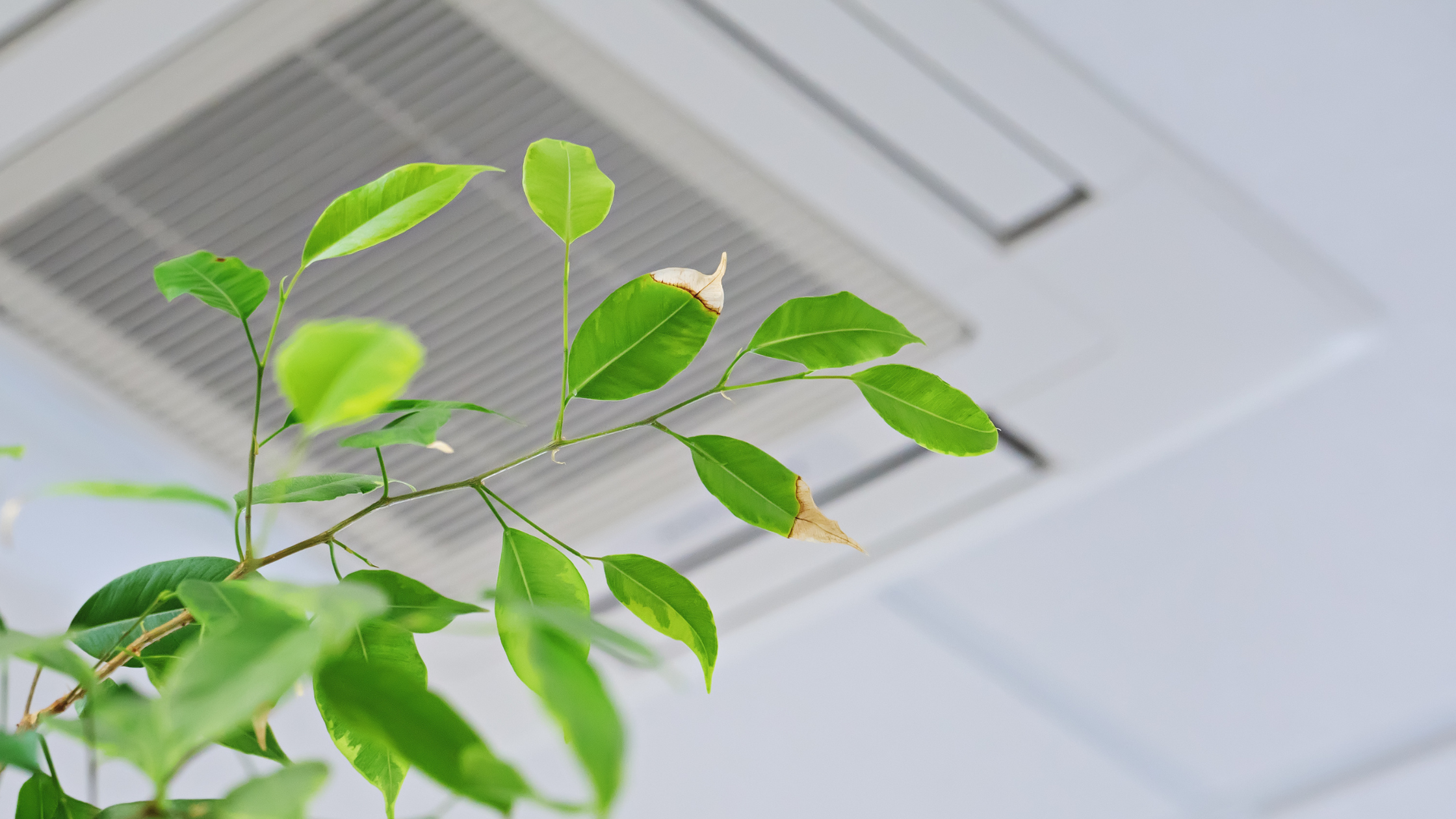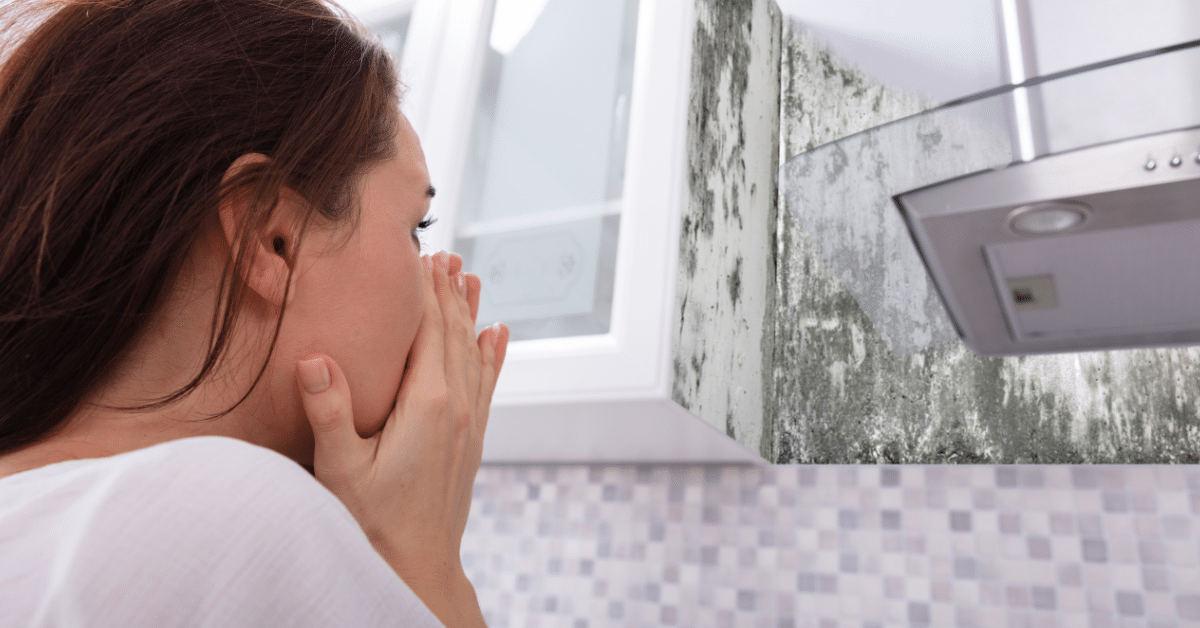How Winter Affects Air Quality

Air quality plays an important role in personal health. Breathing in air that’s been corrupted by smog, pollution, mold, dirt, and other particles can cause health issues and shorten your lifespan. Identifying these dangers allows you to avoid them and address potential concerns. However, to do this, you must first understand how different factors affect air quality. One of those factors is the weather.
Throughout the year, as the weather changes, you’ve probably noticed that it gets harder to breathe. For example, when pollen saturates the area during the spring, it can cause allergies to flare up by decreasing air quality. Different seasons affect the air differently, and winter is no exception. As we go into the cold season, it’s important to understand how the cold weather affects the air and how you can protect yourself.
How Cold Weather Affects Air Quality
As winter comes and the weather gets colder, the cold air may affect air quality in several ways. Pollution tends to be far worse during the colder months. Throughout the year, pollutants such as hydrocarbons and dust are released into the air by everyday objects and activities such as traffic.
Since colder air is denser than warm air, these pollutants don’t float away as easily as they do during the summer. This can result in a build-up of pollutants, drastically decreasing the quality of the air around you. As these pollutants collect and intensify, they can easily make their way into your home, harming your quality of life. Thankfully, air quality experts can help identify dangerous areas in the home and eliminate the threat.
How Moisture Affects Air Quality
Since cold air can’t hold as much moisture as warm air, the winter season tends to be drier. However, cold seasons are often rainy, which can also affect the quality of the air. Rain washes the air and cleanses it of the built-up pollutants.
Unfortunately, it doesn’t rain indoors. This means that aside from opening your windows after it rains (which is great for several reasons), there is little you can do about the pollution building up inside your home. One of the best decisions you can make is hiring an air quality expert to examine your home for pollutants, mold, dust, and other factors that may be harmful to your health. This will give you the peace of mind you need, knowing that every breath you and your family breathe is safe. Reach out to an air quality expert today to find out how they can help make your home a safer place!
How Can Air Quality Assessors Help?
Mold, dust, and other pollutants lower your indoor air quality and weaken your immune system. If you notice that you have a problem with mold or mildew in your home, it is best to enlist the help of a professional. Contact AQA if you have any questions or concerns about mold in your home or business. With their combination of experience and knowledge, you can ensure that our team will handle everything properly.



